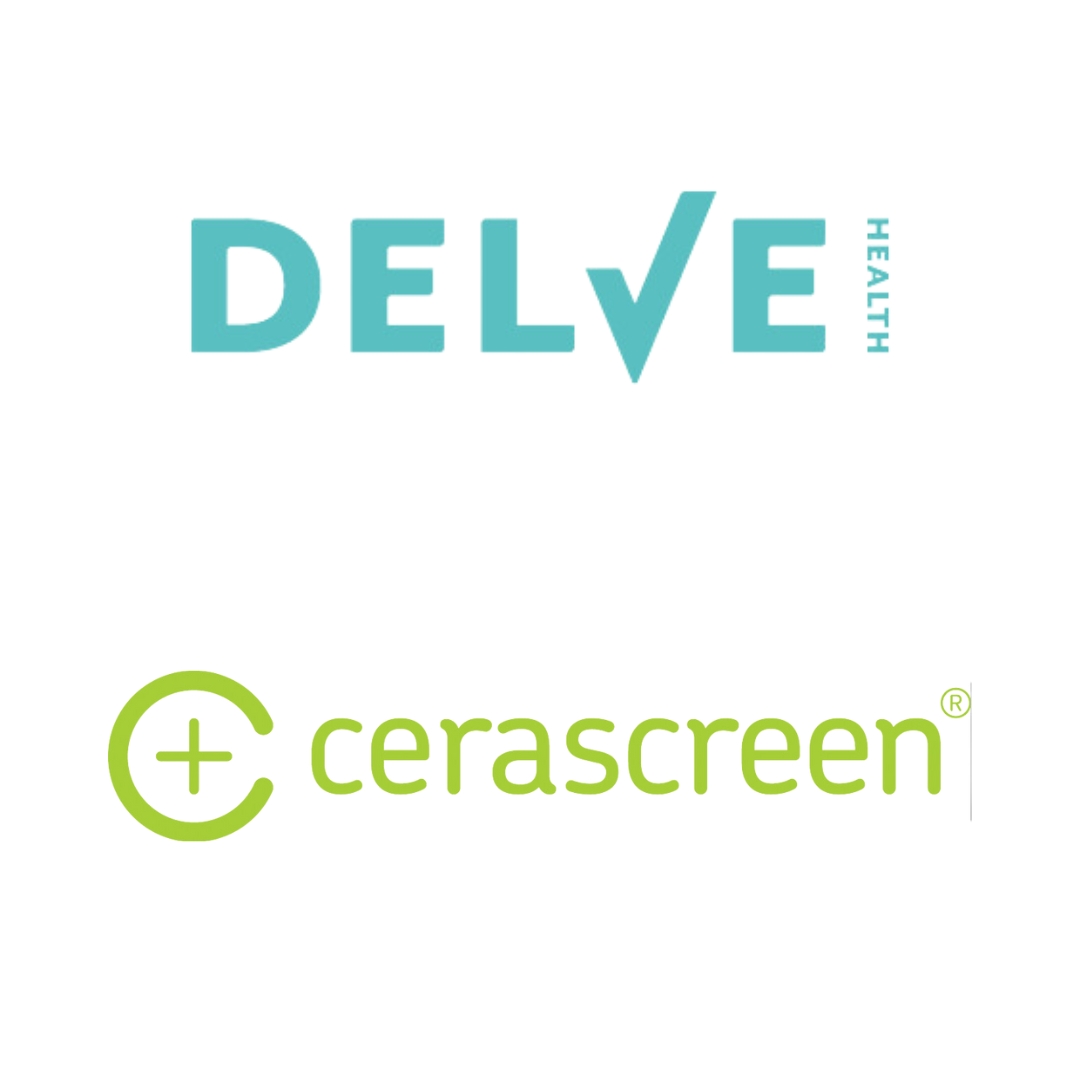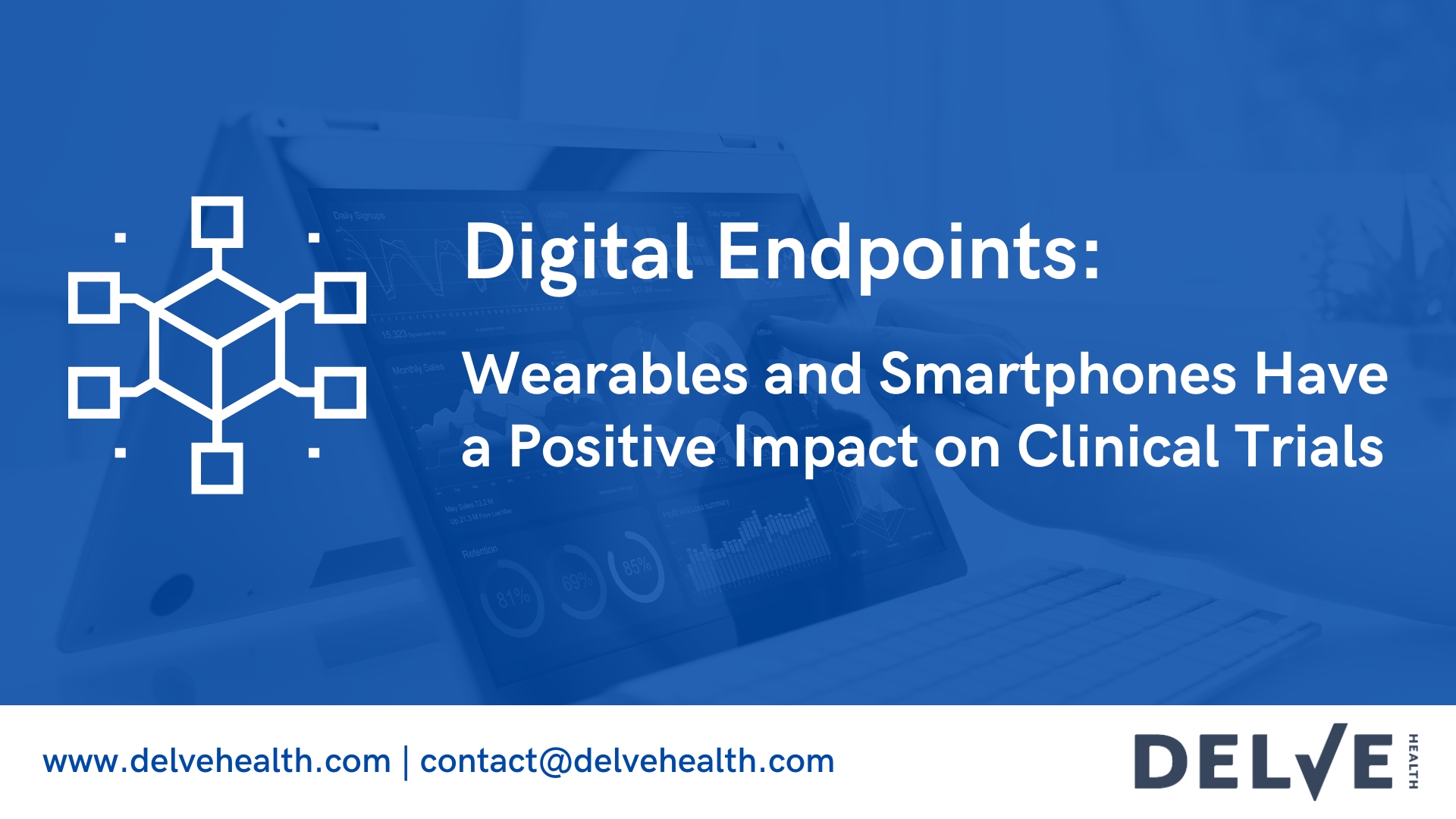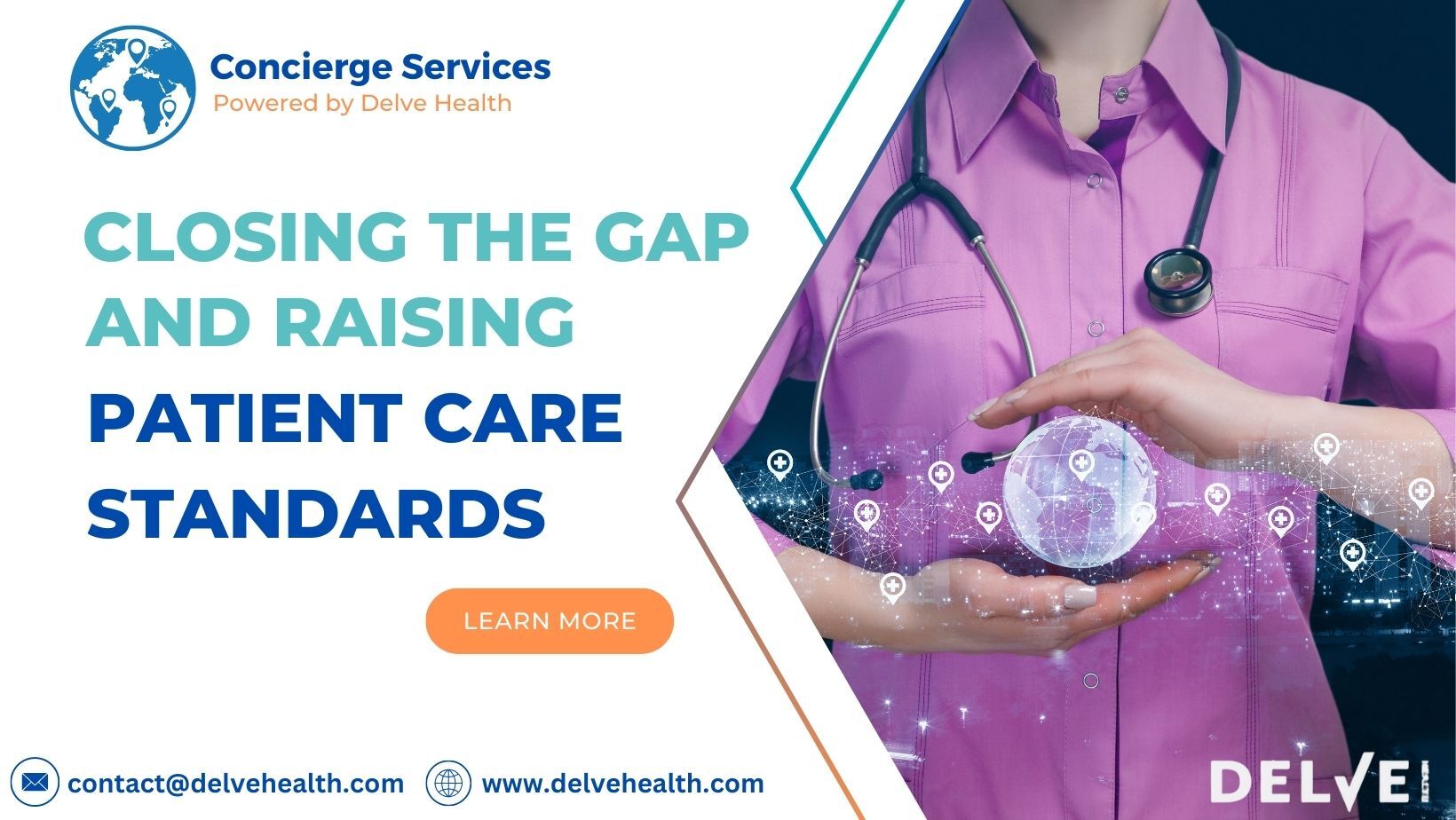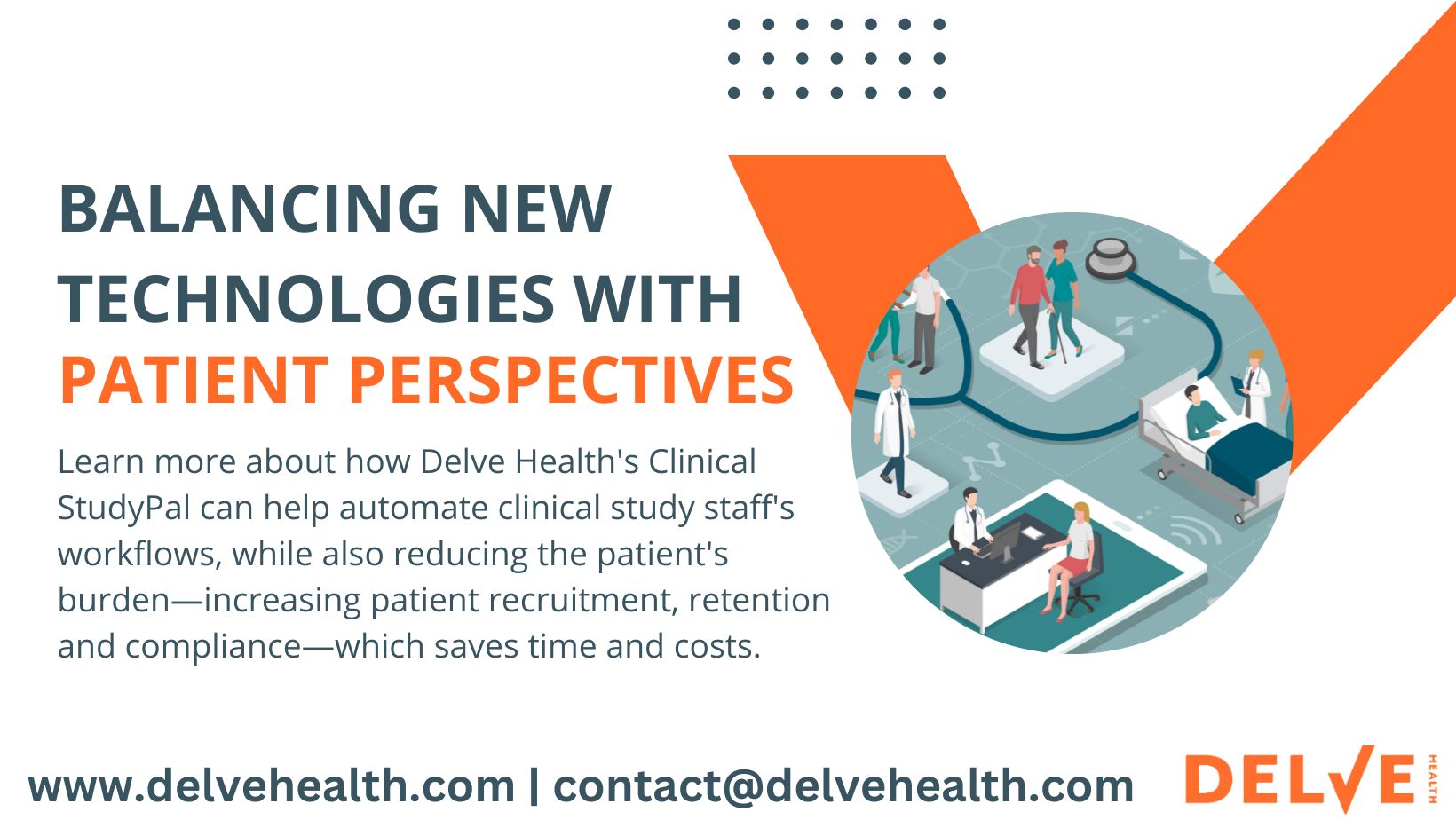Delve Health Provides the Technology Platform to Design Clinical Trials to Fit a Patient’s Lifestyle

Delve Health Comments on FDA Draft Guidance on Decentralized Clinical Trials for Drugs and Biological Products
Our Review of the New FDA Draft Guidance Decentralized clinical trials (DCTs) have become increasingly popular in recent years due to their potential to increase


Delve Health and cerascreen Announce a Partnership to Offer a “One-Stop Solution” Digital Healthcare App
FOR IMMEDIATE RELEASE: May 11, 2023 CONTACT:+1.952.200.6228media@delvehealth.com Minneapolis, MN – Delve Health, a virtual health and technology firm, and cerascreen®, an at-home health diagnostic testing


Digital Endpoints Have a Positive Effect on Clinical Trials
The use of technology has been increasing over the past few years, with devices such as wearables, biosensors, and other medical devices. One area where


Closing The Gap and Raising Patient Care Standards
We all know that clinical trials are a critical part of medical research and that they play a crucial role in the development of new


How to Combine Implementing New Technologies with Patient Perspectives to Decrease Trial Costs and Increase Enrollment
Clinical trials are a crucial part of healthcare—both in the drug development process, as well as giving patients hope. They involve testing the safety and




























